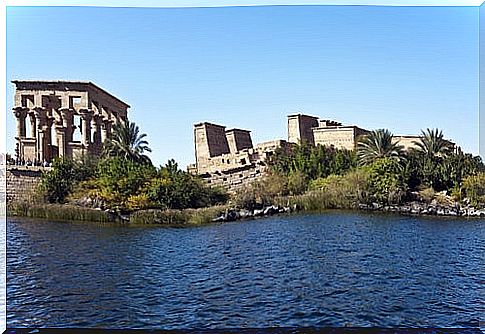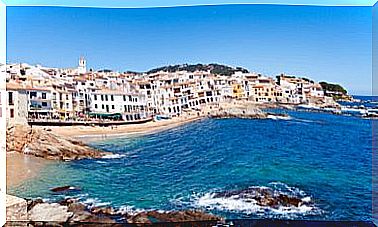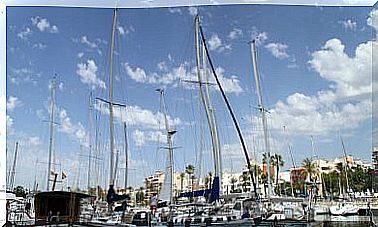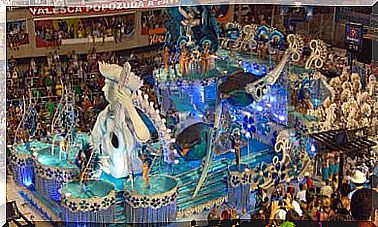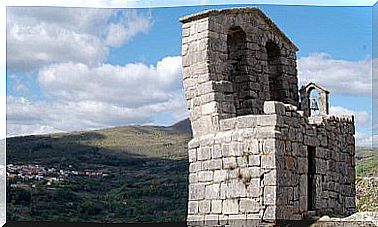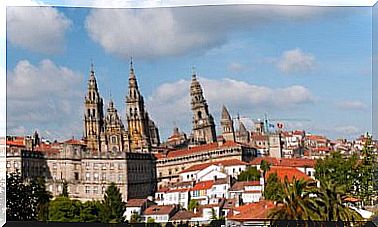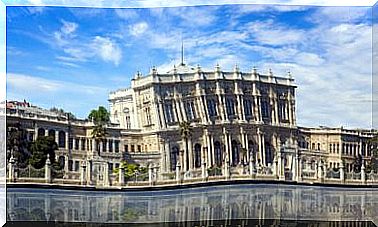Ancient Greece And The Origin Of Western Culture
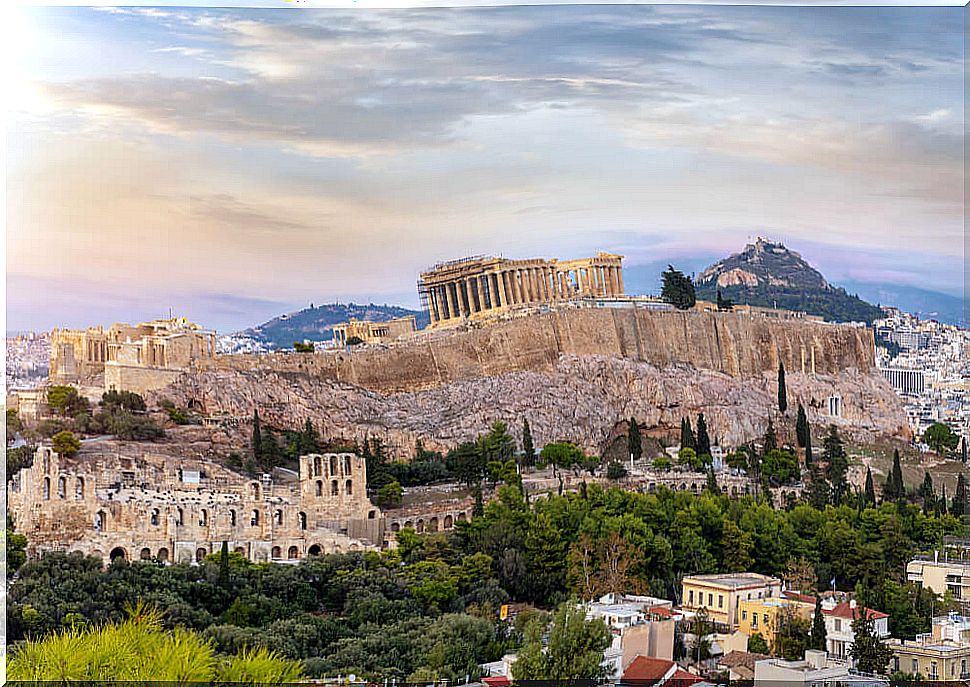
You could write pages and pages of the different aspects that we know today of Ancient Greece. Traditionally, this civilization has been considered to be the origin of Western culture. However, there are theories that point to something quite different.
In this article, we want to expose some currents of thought that break with this Hellenocentric and Eurocentric idea. These seek to separate themselves from the idea that Western culture, the culture of modern Europe, is a direct consequence of an ancient culture of European origin, considered the center of civilization.
They argue that Western culture is rather an ideological invention of 18th century German romanticism. But before we delve into exploring these theses, let’s look at some characteristics of Ancient Greece.
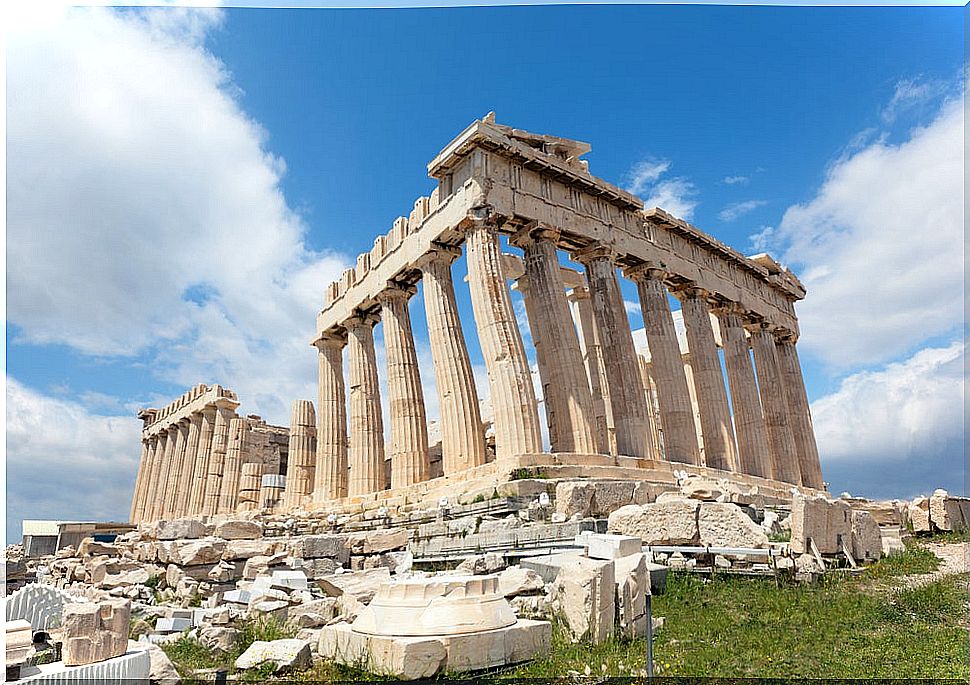
This is the name given to the historical period that spanned approximately from 1200 BC to 146 BC This was a culture that was located in the current mainland of Greece, along with its many islands. This culture was characterized, mainly, by being a civilization oriented to the sea.
The rugged geography of Greece made agricultural activity and internal communications extremely difficult. This determined its maritime, commercial and expansive character. They were looking not only for new markets, but also for new territories where they could settle and forge new communities in the form of colonies.
Thus, they were expanding through the Mediterranean, forming colonies in territories more favorable for agricultural activities. Asia Minor, on the coast of the Anatolian peninsula, present-day Turkey, was one of the first areas of expansion. We can see this character reflected in the epic poems attributed to Homer, The Iliad and The Odyssey .
The geographical characteristics of the territory favored the political organization of Ancient Greece to be characterized by a system formed by city-states. Called cops, these were governed independently.
Two of the best known cops are Sparta and Athens. The latter has gone down in history as the city of democracy, despite the fact that 75% of the population did not have the right to political representation. Only free men could participate in the assembly. Women, slaves, and foreigners were excluded from this system.
Ancient Greece and Western culture
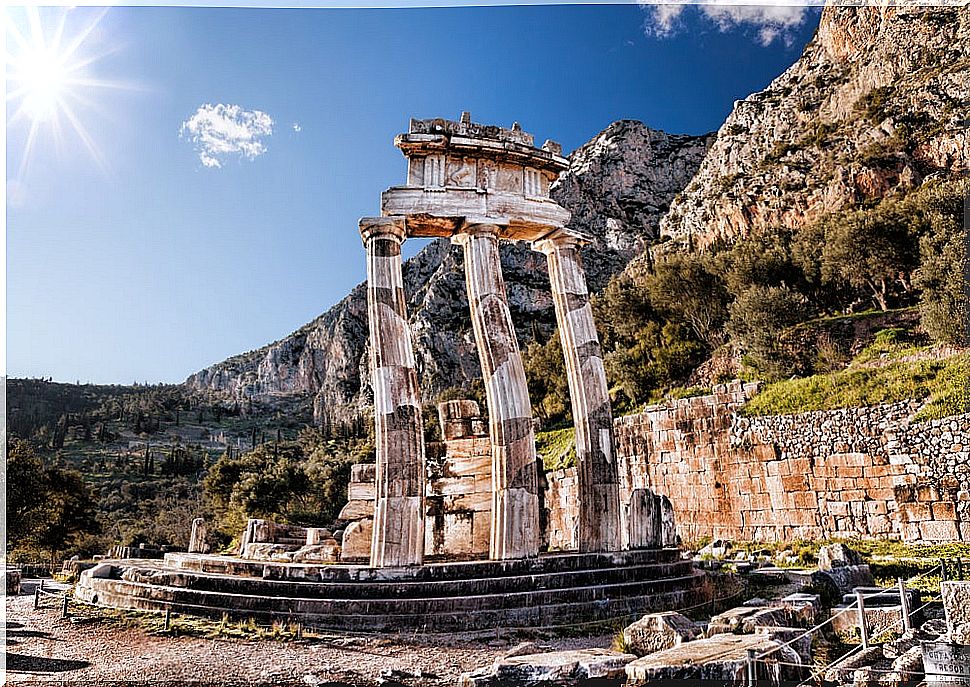
As we indicated, the culture of Ancient Greece is considered the basis on which what we call Western culture was forged. This is the culture of modern Europe that, through Imperialism, spread throughout the globe imposing itself as the only ‘civilized’ culture.
In this way, Europe and its culture would be positioned at the center of humanity and other cultures would be peripheral. This centrality was translated into hierarchical terms. Modern European culture was positioned as the ‘civilized’ culture to which the rest of the world’s cultures should aspire.
Thus, it was the task of the European people to disseminate and, in an ‘altruistic’ way, offer others the possibility of accessing it. This idea was what legitimized modern European Imperialism.
Arguments that want to break with Hellenocentrism
The arguments that currents of thought use to break with Hellenocentrism are various. We will briefly explain the most important ones.
1. Ancient Greece: the Hellenic and European space
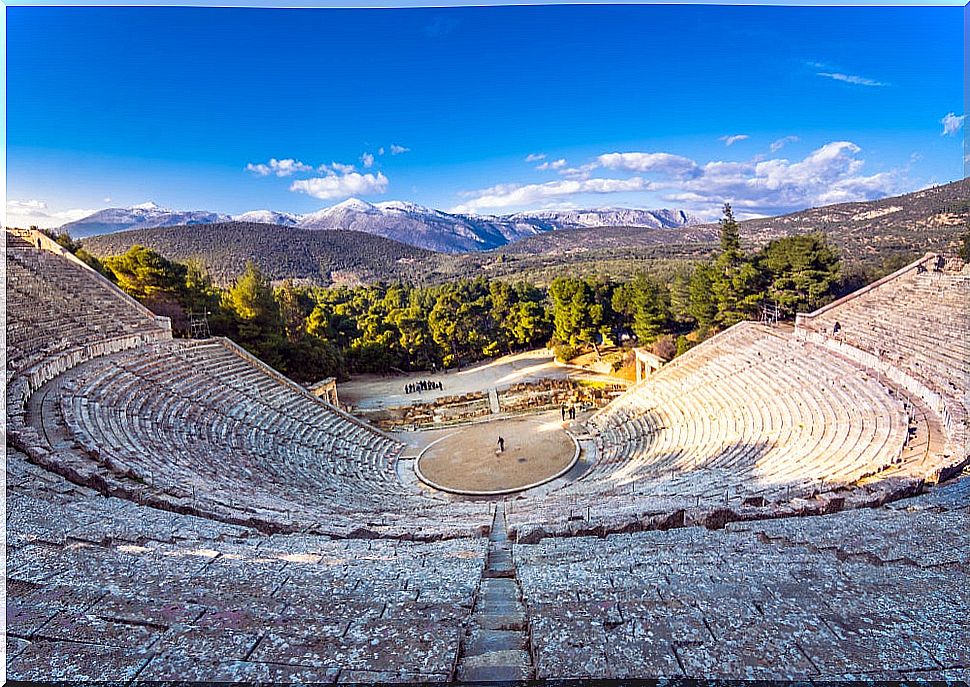
Modern Europe cannot be confused with Ancient Greece, as Hellenic culture was more closely linked to Asia and Africa. In these places there were great civilizations recognized and admired by the Greeks themselves. However, the space that present-day Europe occupies was identified with the ‘barbarian’.
2. The western versus the eastern
The western was represented by the Roman Empire, which spoke Latin. Its border was located roughly in what are now Croatia and Serbia. It was precisely the Hellenic world that was identified as oriental. A world where Greek was spoken with an extension that reached the borders of the Indus and Ptolemaic Egypt.
3. The appropriation of the figure of great philosophers
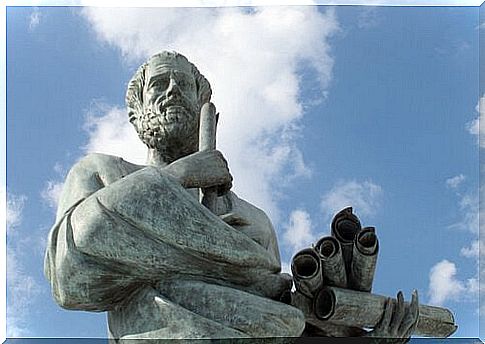
It must be remembered that Aristotle considered himself a philosopher more of the Arabs than of the Christians. He would be studied as the great metaphysician and logician of Baghdad long before he passed through the Toledo School of Translators and from there arrived in Paris at the end of the twelfth century. The western Christian world got to know him through the Muslim world.
4. Greco-Roman culture and its peripheral position
That centrality that is given to classical Greco-Roman culture was not such. Its remoteness from the Eurasian region kept this Western culture on the periphery of history. Perhaps the closest to this were the Hellenic empires, but Hellenism is not Europe.
5. The rebirth and construction of Western culture
With the fall of Constantinople a new fusion began. The Latin Western began to merge with the Eastern Greek against the Turkish world. At this moment, ignoring the Hellenistic-Byzantine origin of the Muslim world, a false equation began to be formed. In her, the western was the sum of the Hellenistic, the Roman and the Christian.
This formula, which aims to position Greco-Roman culture at the center of world history, is fully accepted and rarely questioned. Like the fact that it is a properly European culture.
Modern Europe laid the foundations of Western culture on an idea of modernity. He avoided mentioning that its foundations, the Greco-Roman culture, did not play a hegemonic role in the ancient world and was intimately linked to the Asian and African world.
